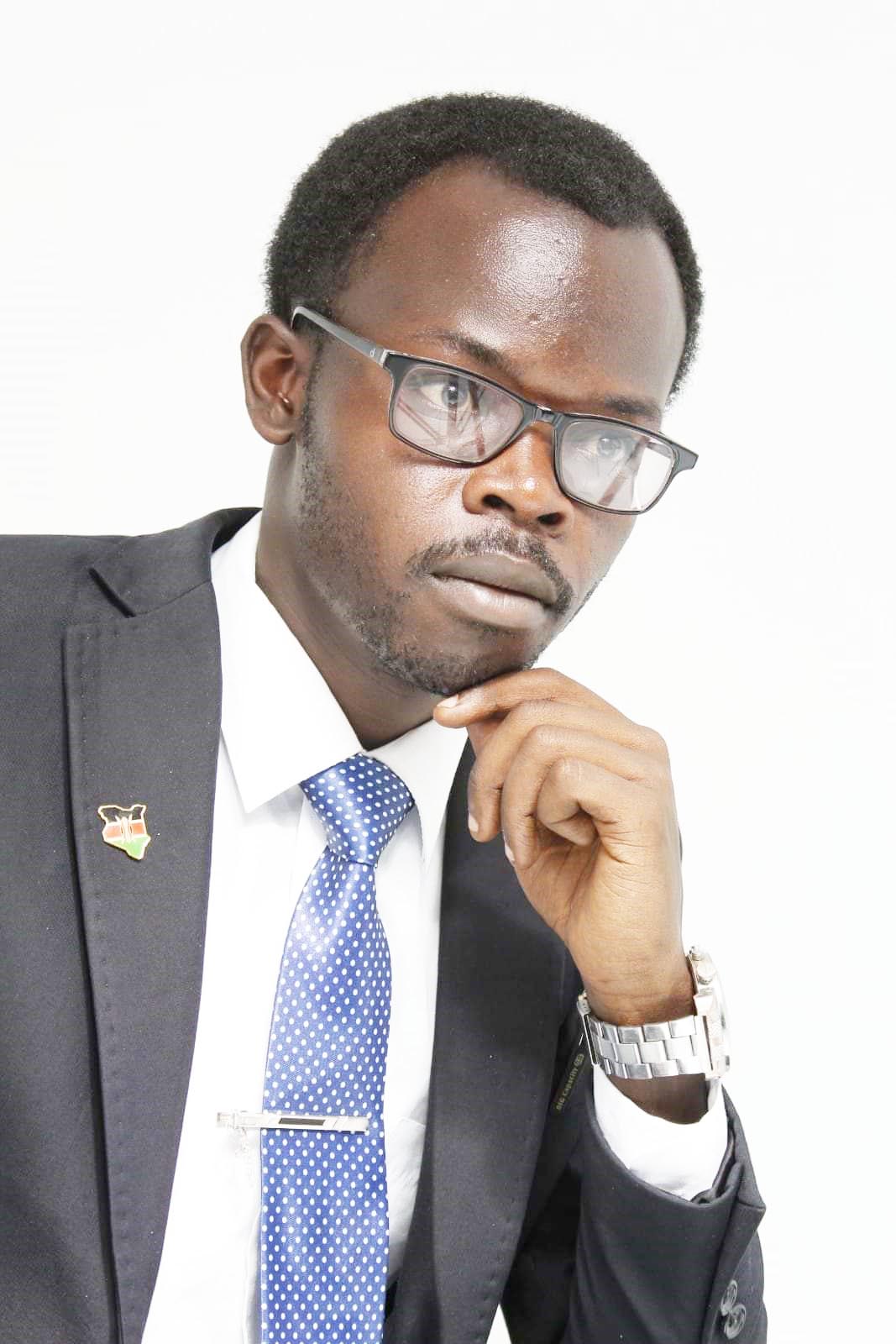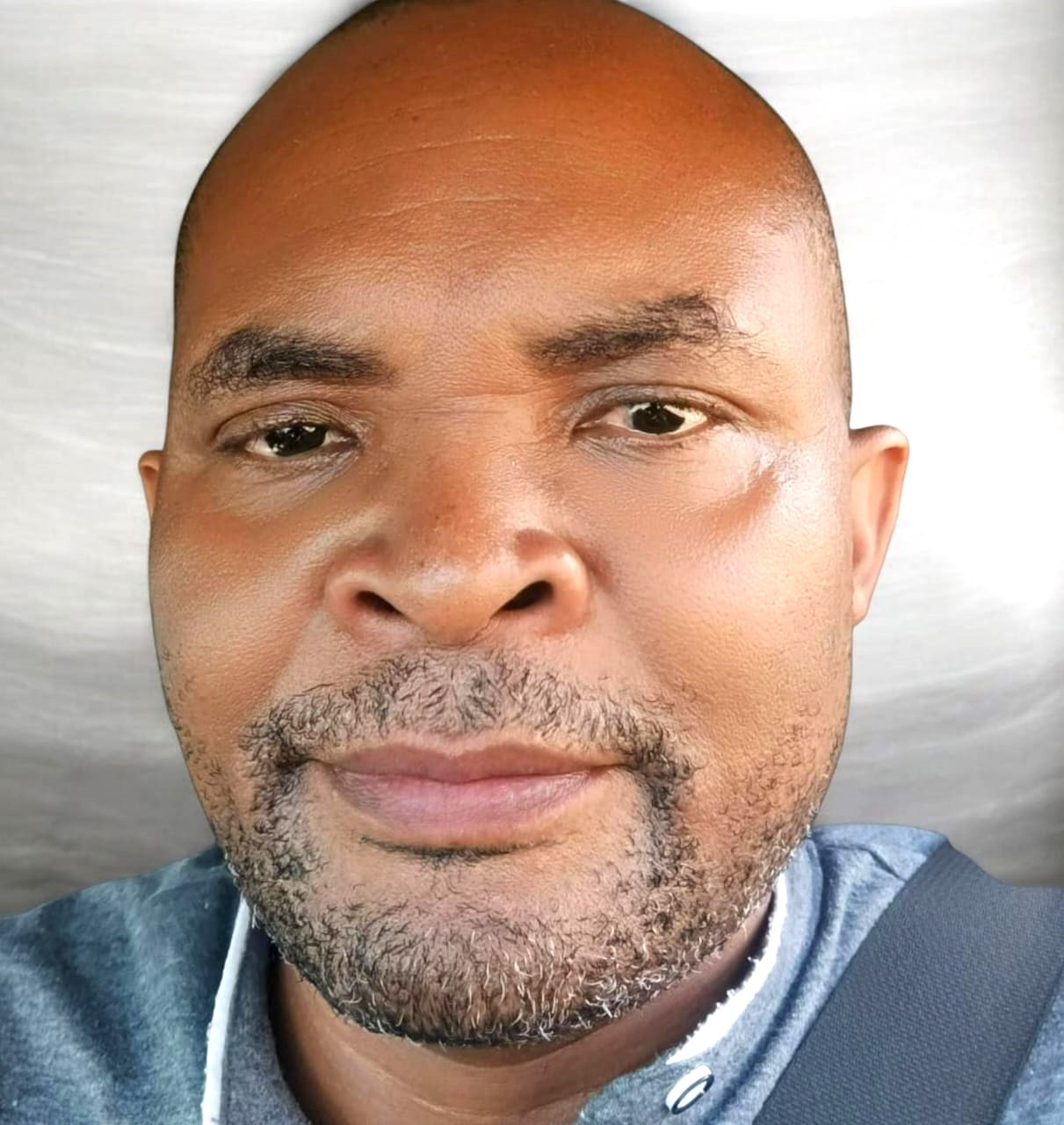By Victor Ochieng’
During this ill-fated season of Covid-19, the grim reaper harvested two legendary journalists from the garden of life. Hillary Ng’weno and Philip Ochieng ;both coincidentally lost their lives at 83.They were both men of means with a stroke of genius who had a way with words, learnt the ropes on the job and ended up straddling the Kenyan media landscape like a colossus.
Hillary Ng’weno studied Nuclear Physics at Harvard University, then came back to write with Nation in 1962. Being razor-sharp, he rose through the ranks to become the first African Editor-in-Chief but resigned after a short stint claiming that his decision was on matters of principle. Albeit, he maintained a good relationship with the paper, penning daring satirical pieces that touched liberally on the taboo political subjects. In 1975, he founded the Weekly Review that introduced expert economic and political analytical pieces to form fodder for Kenyan avid readers and contribute to the national discourse. The Weekly Review folded in 2002. Other pieces by Ng’weno include My Friend Joe in the Daily Nation, which later evolved to Joe Magazine, Rainbow – a children-centred magazine and the Financial Review.
In the well-worded book titled the 5th Columnist: A Legendary Journalist, Liz Gitonga-Wanjohi writes that Philip Ochieng returned from East Germany in 1975 jobless for several months because the mainstream media dreaded to employ him for his alleged ‘Tanzania Communism.’ He would then land a job at Hillary Ng’weno’s Weekly Review as an Assistant Editor in 1976, a stint that was as brief as a dream.
Ochieng was a beneficiary of Mboya-Kennedy Scholarship Programme. Following Mboya’s second trip to America in the spring of 1959, he was able to arrange scholarships in various American colleges and universities at which he spoke. He was in the first lot of 81 Kenyan students who left for America in 1959. Being a towering intellectual, his brilliance dwarfed those with several degrees. He was widely read and his ken of knowledge extended from the most mundane topics to nuclear physics.
Ochieng was not trained to become a journalist per se. He had studied English language, literature as well as French. Due to his unbridled ambition, he scaled majestic heights in the newsroom having first joined Nation in 1966 when Michael Chester was the news editor. He was popularly known as the Fifth Columnist, first because his column was splashed on the fifth column of Sunday Nation and second, because he was a rebel whose articles placed him at logger heads with government arrowheads when he worked in Kenya, Uganda and Tanzania.
Both Ng’weno and Ochieng were feted because of their immense contributions as members of the fourth estate and for training some of the best journalists Kenya has ever churned out. In December 2020, Ng’weno was the recipient of a lifetime achievement award at the third Annual Convention of the Kenya Editor’s Guild.
In January 2004 President Mwai Kibaki awarded the coveted Order of the Grand Warrior of Kenya (OGW) to Philip Ochieng and Dorothy Kweyu – both of the Nation Media Group. In January 2010, Ochieng would be appointed to sit in a task force that reviewed the current education system; to make it attain a jig-saw fit with the new constitution. He was also picked to advise the government on a melange of national issues like during the formation of Kenya Year Book Editorial Board (KYEB) as a state corporation in November 2008.
Despite the much we have done to honour these legends, more can still be done. We should immortalise them, make them remain etched in our mortal minds like printed books. For the two men honoured the wise words of Benjamin Franklin, “Either write something worth reading or do something worth writing.”
Now that Ochieng and Ng’weno travelled to other countries to sharpen their acumen, why can’t we have such useful, progressive initiatives and foundations under their names? It will be of supreme importance to come up with Ng’weno and Ochieng Memorial Lectures like Tiro’s Memorial Lecture in South Africa, as a way of preserving their legacies. We can also remember these legends by naming universities or roads after them or having their statues erected in major towns. As H.W. Longfellow put it aptly, “When a great man dies, for years the light he leaves behind him, lies on the paths of men.”
May the silent souls rest in peace.
The writer is an orator and author. vochieng.90@gmail.com






